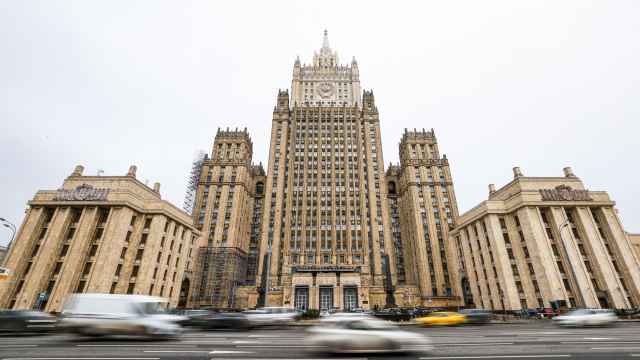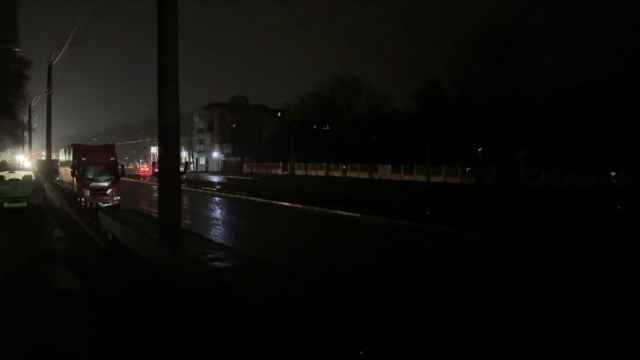The Internet must be subject to "reasonable regulation," the head of the Security Council said in remarks published Wednesday, a fresh sign of Kremlin concern about the use of social networks to promote antigovernment protests.
Opposition groups and ordinary Russians used Facebook and VKontakte to organize protests last week over a Dec. 4 parliamentary election they charged was rigged to benefit Prime Minister Vladimir Putin's ruling party.
Opponents plan further protests ahead of a March election expected to return Putin, a former Soviet KGB officer and FSB chief, to the presidency.
"Attempts to stop people from communicating are in principle counterproductive and even amoral," Security Council secretary Nikolai Patrushev, who headed the Federal Security Service, or FSB, during Putin's 2000-08 presidency, told Argumenty i Fakty.
"However, one must not ignore the use of the Internet by criminals and terrorist groups. Reasonable regulation, of course, must be conducted in Russia, as is done in the United States, China and many other countries," he said.
Patrushev gave no details in the newspaper interview, but his remarks suggest that Russian authorities are considering ways of reining in the Internet.
Putin has publicly said the state's ability and right to control Internet use is limited, and suggested that his government would not try to do so. Analysts say hardliners close to Putin would like to impose controls similar to China's.
VKontakte, Russia's top social-networking site, said last week that it had rejected a request by the FSB to block opposition groups from using it to organize street protests.
A spokesman for VKontakte, used by tens of thousands of people to coordinate support for the Dec. 10 protests, said the company was not pressured or threatened.
Ahead of the parliamentary vote, however, the web sites of the independent election monitoring group Golos and at least two media outlets that had aired reports of alleged campaign violations were blocked by denial-of-service attacks.
The head of Golos, a Western-funded group that has a site with a map showing reported cases of electoral violations, said she suspected that the FSB was behind the attacks.
A Message from The Moscow Times:
Dear readers,
We are facing unprecedented challenges. Russia's Prosecutor General's Office has designated The Moscow Times as an "undesirable" organization, criminalizing our work and putting our staff at risk of prosecution. This follows our earlier unjust labeling as a "foreign agent."
These actions are direct attempts to silence independent journalism in Russia. The authorities claim our work "discredits the decisions of the Russian leadership." We see things differently: we strive to provide accurate, unbiased reporting on Russia.
We, the journalists of The Moscow Times, refuse to be silenced. But to continue our work, we need your help.
Your support, no matter how small, makes a world of difference. If you can, please support us monthly starting from just $2. It's quick to set up, and every contribution makes a significant impact.
By supporting The Moscow Times, you're defending open, independent journalism in the face of repression. Thank you for standing with us.
Remind me later.





